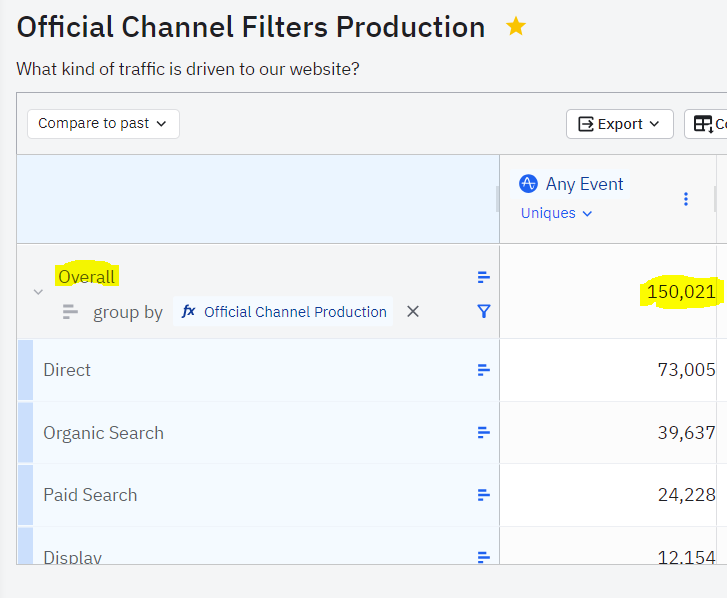What is a unique event vs. total events?
I know Amplitude says Unique = will ONLY count the earliest and longest conversion for each unique user
total = will count every conversion
I wonder whether I should measure unique or total events.
Challenge: If a customer bought the same product several times only the first conversion will be used if I look at UNIQUE results?
Best answer by dangrainger
View original








